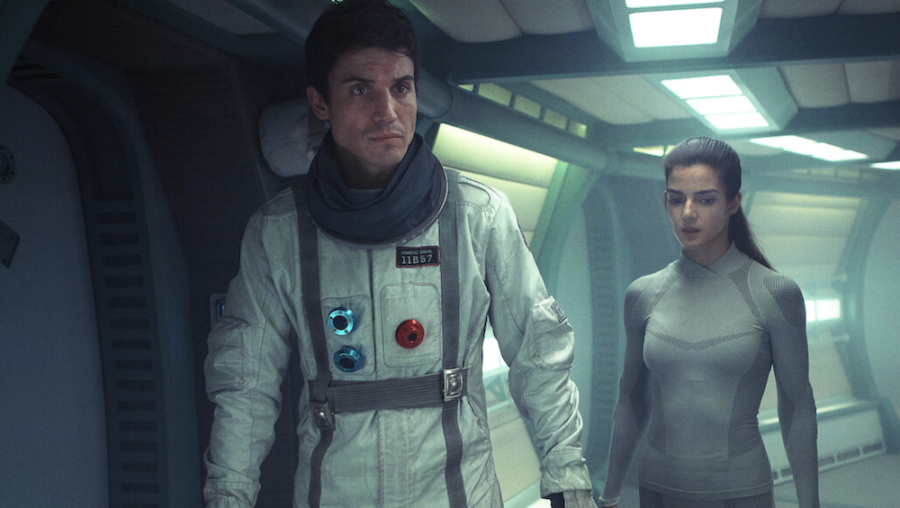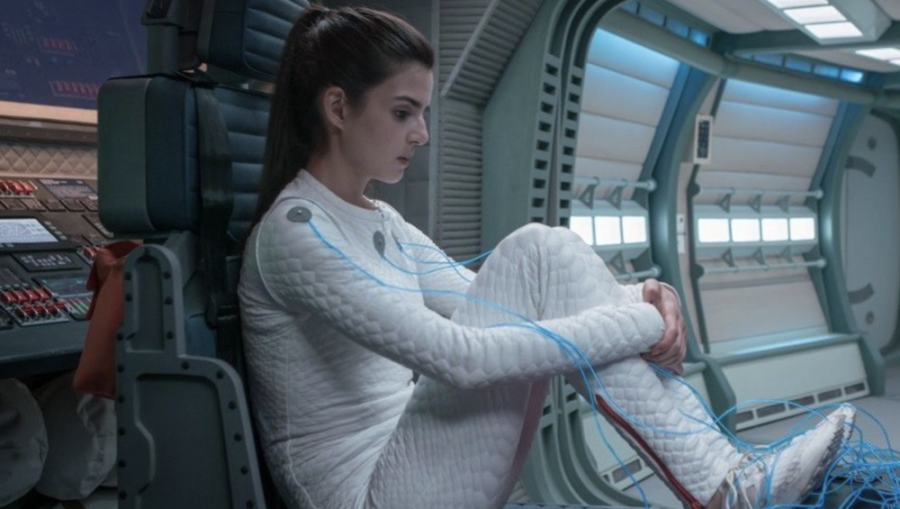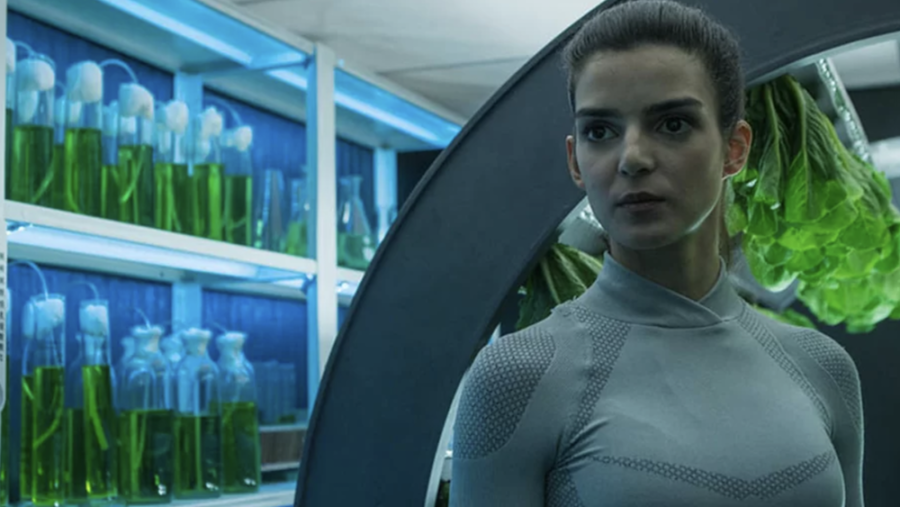By Doug Norrie
| Published

Let’s be honest: science fiction is hard to pull off on a budget. You’ve got big ideas, complicated emotions, and usually not enough money to build anything cooler than a blinking hallway. But now and then, a movie like Orbiter 9 comes along and reminds you that sci-fi doesn’t need lasers or explosions to get under your skin, it just needs a strong hook, a human core, and actors who don’t blink when saying “life support failure.”
Directed by first-timer Hatem Khraiche and released in 2017, Orbiter 9 is a Spanish-Colombian film that starts out intimate, quiet, and full of promise. It centers on a young woman named Helena, played with real emotional gravity by Clara Lago, who seems to be alone on a deep-space mission. Then someone unexpected shows up. And then the movie starts to shift. Because Orbiter 9 works best when you don’t know exactly where it’s going. The setup is tight, the tension builds slowly, and when it finally makes its move, it’s earned.

The sets are minimal but effective, and the sound design pulls its weight. The world has a cool sterility that makes it feel just off enough to keep you guessing. And while it doesn’t have the polish of bigger sci-fi fare, it doesn’t need it. The emotional stakes are front and center, and that’s where the film wants to live.
Clara Lago carries the movie. She’s in nearly every scene, and she makes the internal conflict feel real without ever leaning too hard on melodrama. Álex González gives solid support. The chemistry works, but the script doesn’t always give them enough to work with. It flirts with big ethical questions, then backs away before things get too messy. Orbiter 9 gestures toward deep sci-fi, but it’s really a love story wrapped in a space suit.

Critically, the film landed somewhere in the middle. It has a 67% score on Rotten Tomatoes, not a knockout, but respectable. Audiences were less kind, giving it a cooler reception, with a Rotten Tomatoes audience score around 40% and an IMDb average of 5.9/10. It never broke wide internationally, but on Netflix, where it debuted globally, it quietly carved out an audience of curious sci-fi fans looking for something outside the Hollywood machine.
Orbiter 9 isn’t perfect. It starts strong, stumbles a bit in the back half, and plays things a little too safe when it should take the leap. But it’s also trying something thoughtful. It’s science fiction as a mood piece, romance as a mystery box. And for that, it’s worth your time, even if it doesn’t stick the landing.

Just don’t go in expecting warp drives or space battles. This one’s quieter than that. It’s the kind of sci-fi you watch alone, at midnight, and think about for days.
